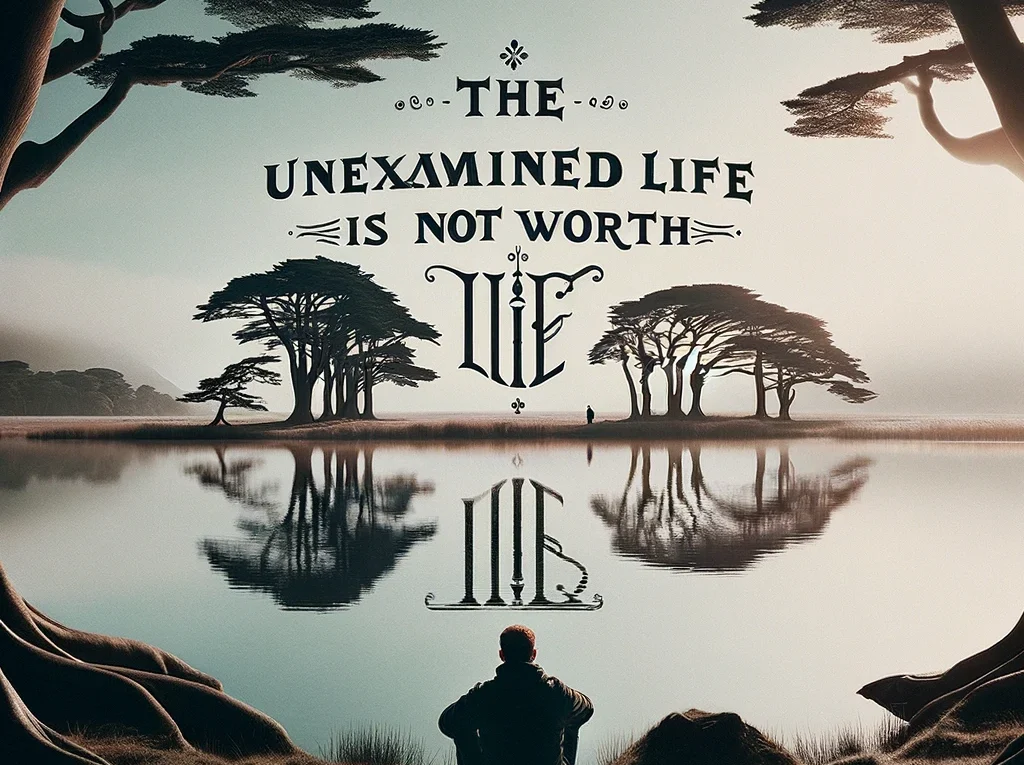The unexamined life is not worth living.
Socrates, considered one of the fathers of Western philosophy, lived in Athens in the 5th century BCE. His dialectical method, involving dialogue to reach the truth and questioning assumptions, was revolutionary. Socrates left behind no writings; most of what we know of his teachings comes from his students, such as Plato. Socrates’ philosophy focused on ethics and self-knowledge, arguing that self-awareness is key to leading a virtuous life.
The quote “The unexamined life is not worth living” encapsulates the essence of Socratic thought, emphasizing the importance of introspection in the process of self-discovery. Socrates argued that without a deep understanding of one’s motivations, desires, and beliefs, an individual is unable to make moral and conscious life decisions.
In the context of interpersonal relationships, such as marriage, this thought takes on special significance. The decision to commit to another person is one of the most important ones we make in our lives. Socrates suggested that before we decide to take such steps, we should thoroughly examine our inner self, our values, and what we truly seek in a partner. Deep introspection may reveal that our decisions are motivated not so much by authentic attraction and values, but by external expectations, social pressure, or even fear of loneliness.
Self-knowledge, according to Socrates, is crucial not just before making significant life decisions but also during the course of a relationship. Challenges and conflicts that inevitably arise in relationships often have deeper causes, rooted in a misunderstanding of our own needs and emotions. Confronting our weaknesses and insecurities can be painful but is essential for building healthy, understanding relationships.
Furthermore, the Socratic idea of self-knowledge has significant implications for our sense of happiness and fulfillment. Understanding what truly motivates us and what we desire allows us to make conscious choices that are in alignment with our deep values and desires. Such coherence is the foundation of authenticity and a source of genuine contentment in life.
In summary, Socrates’ philosophy encourages us to continually ask ourselves difficult questions about who we are and what we want from life. This constant introspection and self-critique are necessary for leading a meaningful life, both personally and in our relationships with others. In the context of marriage and other close relationships, self-awareness and understanding our own needs and limitations can lead to deeper harmony and connection, helping avoid dissatisfaction and conflicts.
